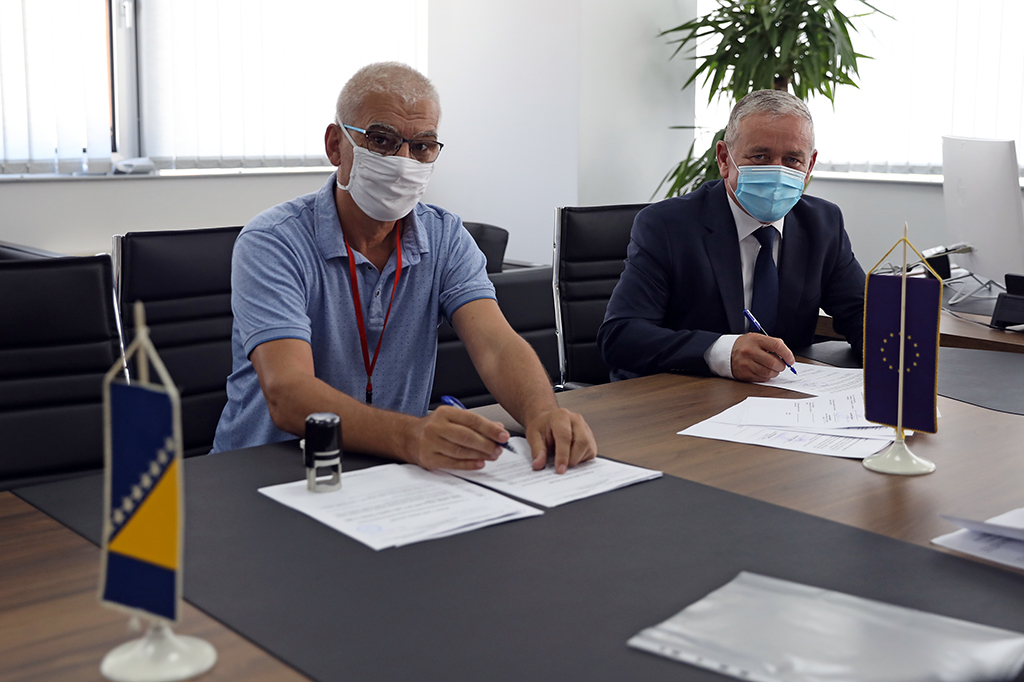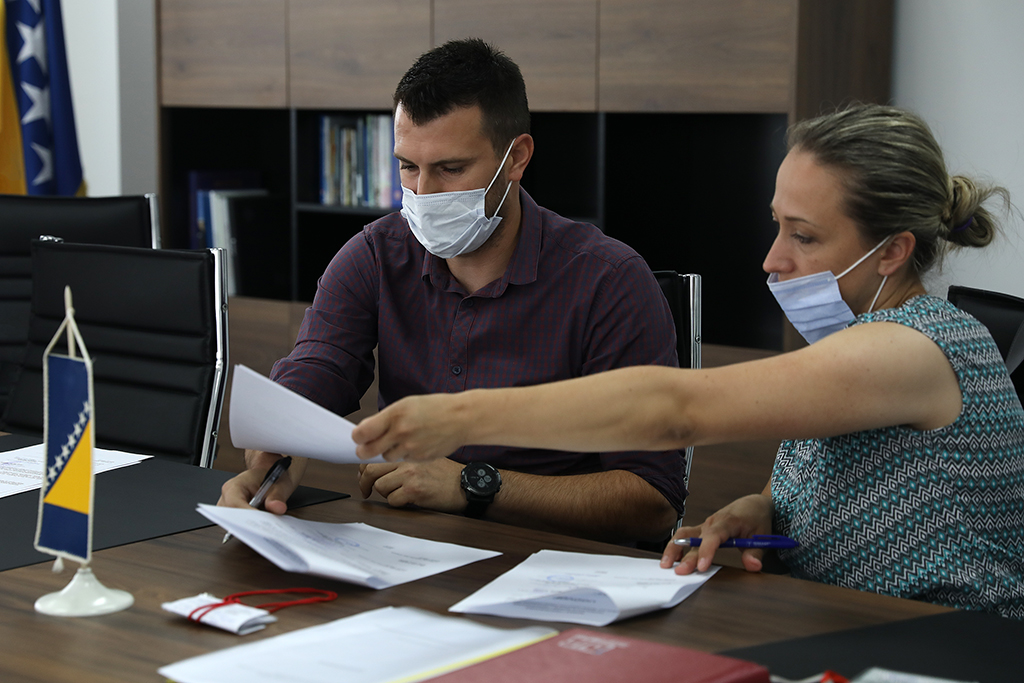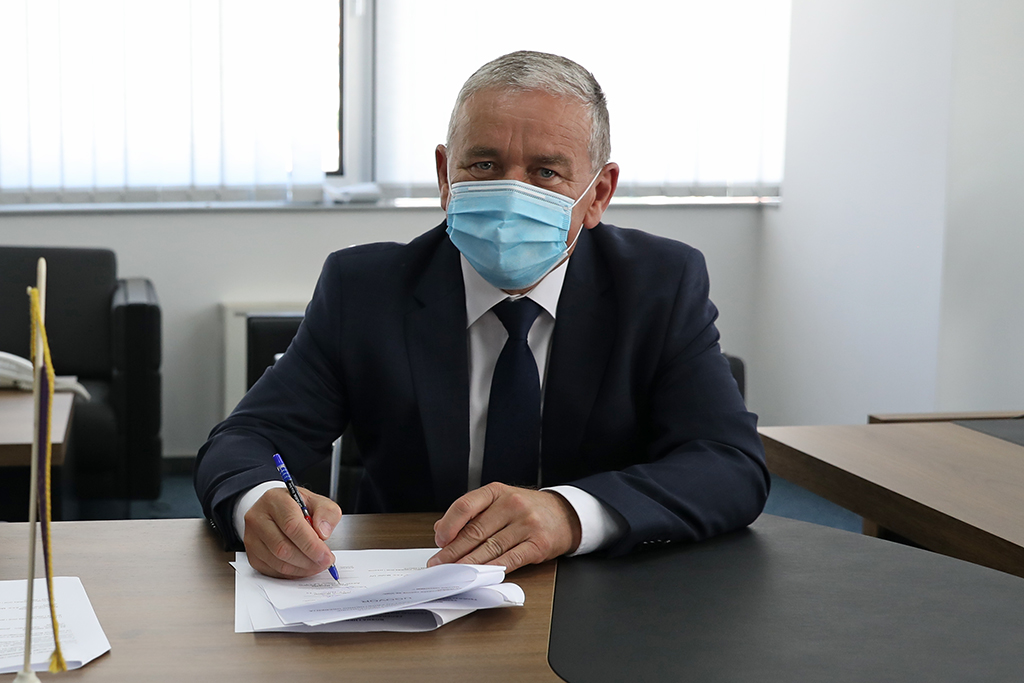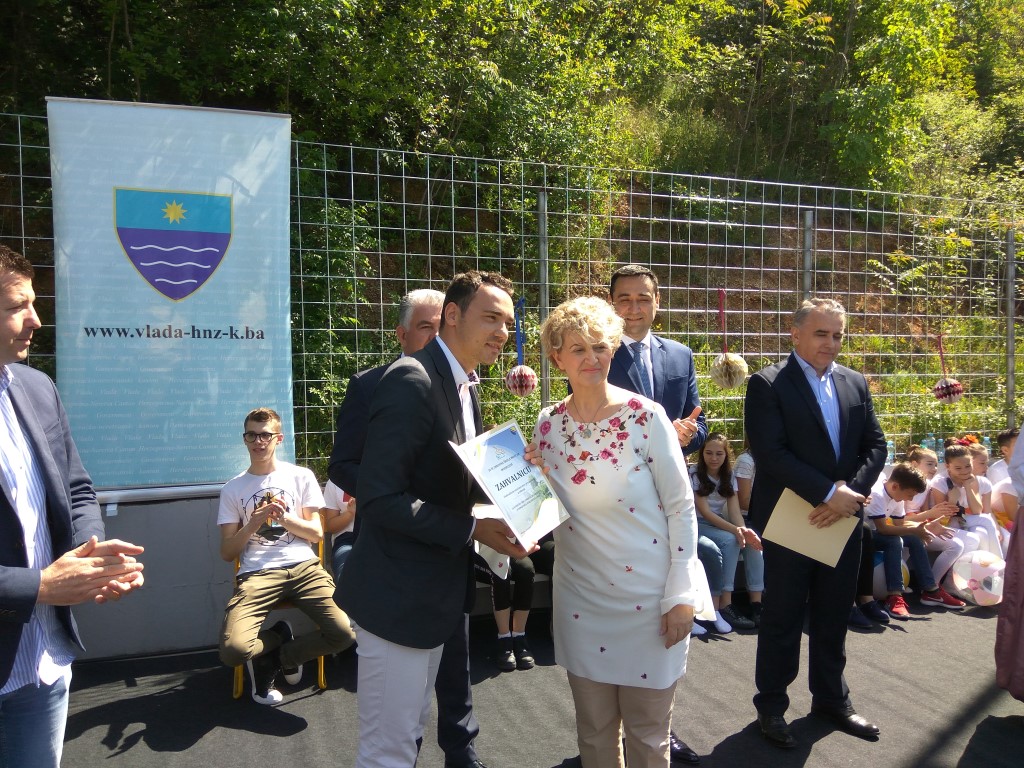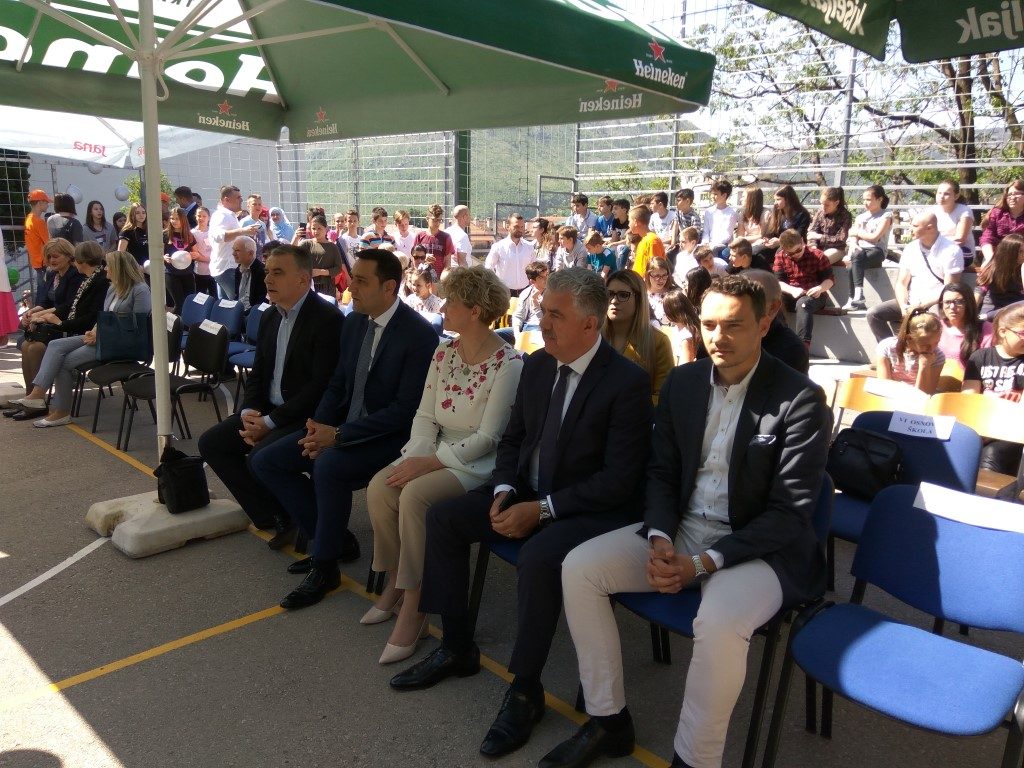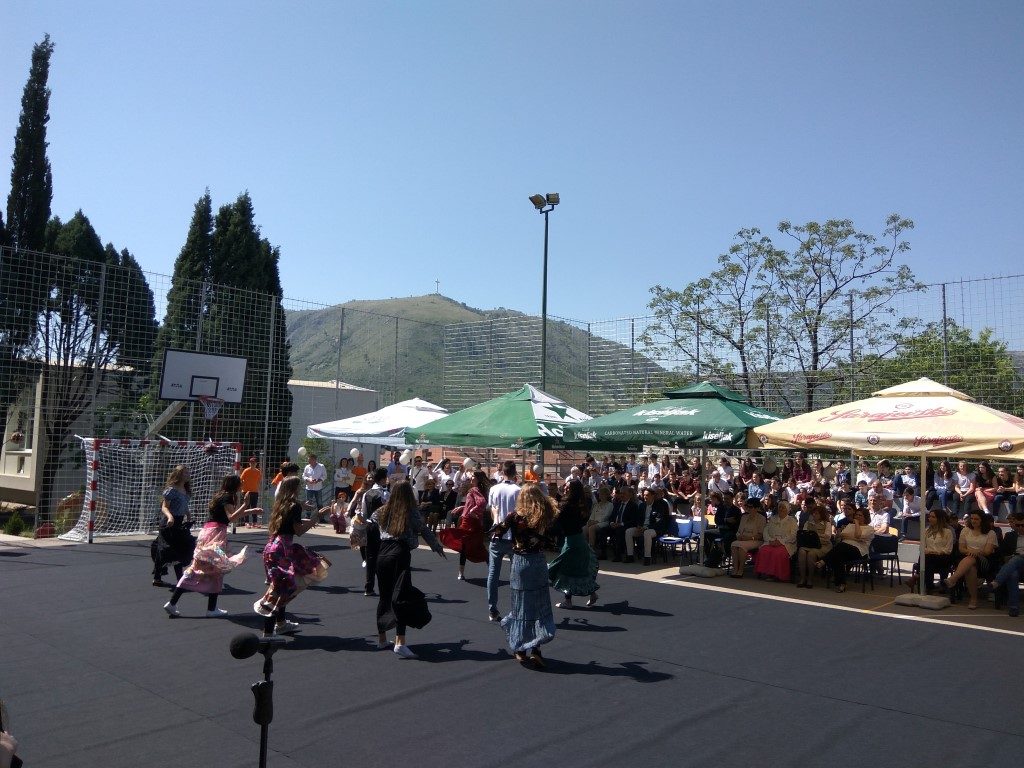
In the next 4 years, another 40 public facilities will become more energy-efficient
With the aim to improve the condition of public buildings in the Federation of BiH, and recognize energy efficiency as an important link to support sustainable economic growth, Bosnia and Herzegovina has been implementing the Bosnia Energy Efficiency Project since 2016. The project is implemented by the Federal Ministry of Spatial Planning, with World Bank loan funds.
Having in mind the significant results achieved so far, the Federal Ministry of Spatial Planning continues with the implementation of this project. Thus, in the next four years, 40 additional public facilities will receive new and energy-efficient clothing.
“I am happy that we are continuing with the implementation of the AF BEEP project and the renovation of public facilities in the Federation of BiH. The implementation of energy efficiency measures is important in many ways. Primarily, we are improving the working and living conditions for all users of the renovated facilities. The fact that children no longer sit in their jackets during the winter is extremely important on its own. In addition, we are also achieving significant savings in energy costs. Research shows that investing one euro in energy efficiency, in a short time, brings a return of 4 to 5 euros, which allows a quick return on investment. In the end, we also reduce air pollution, which is important for the health of the entire society,” said Josip Marić, Minister of Spatial Planning of the FBiH.
So far, 55 public facilities (primarily health and educational, as well as other institutions) have been renovated as part of the project. With this goal, more than 25 million BAM have been invested. In addition to a significant improvement in comfort for more than 450,000 users, estimated annual savings of over 3 million BAM were achieved. At the same time, CO2 emissions have been reduced by more than 4,500 tons per year, which contributes to improving air quality in cities throughout the Federation of BiH.
In the upcoming period, energy efficiency measures will be implemented at another 30 educational facilities, 9 health care institutions, and at the police academy facility. When it comes to the geographical distribution, 30 of them are located in the area of Zenica-Dobo Cantonj, 2 in the area of Tuzla Canton, 4 in the area of Herzegovina-Neretva Canton, and 4 in the area of Sarajevo Canton.



